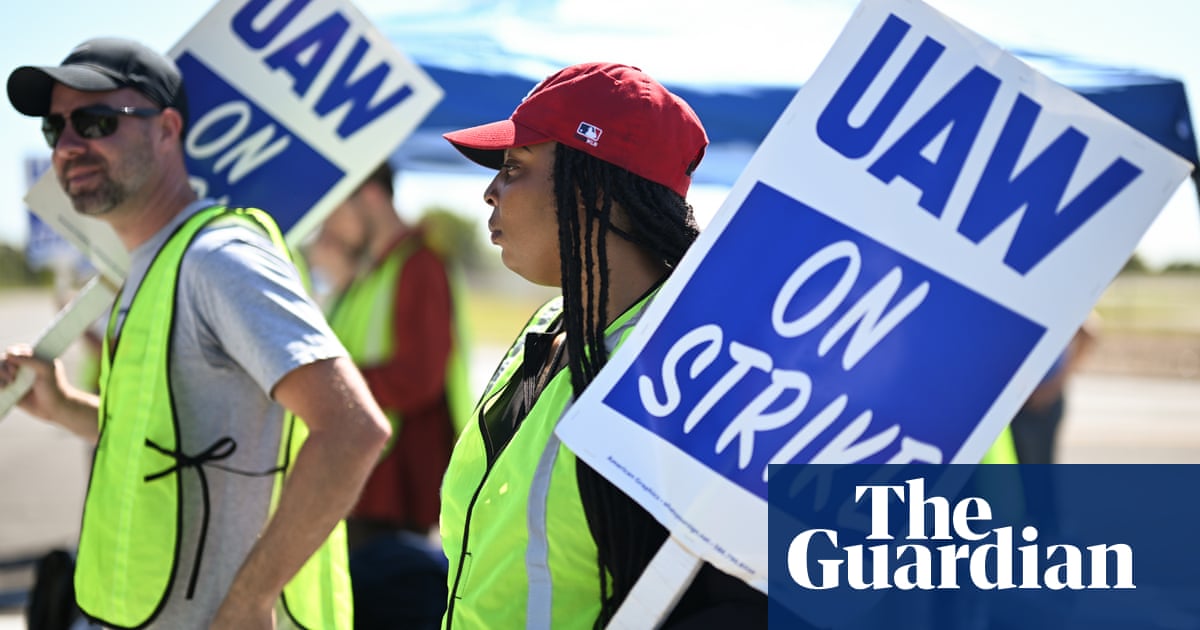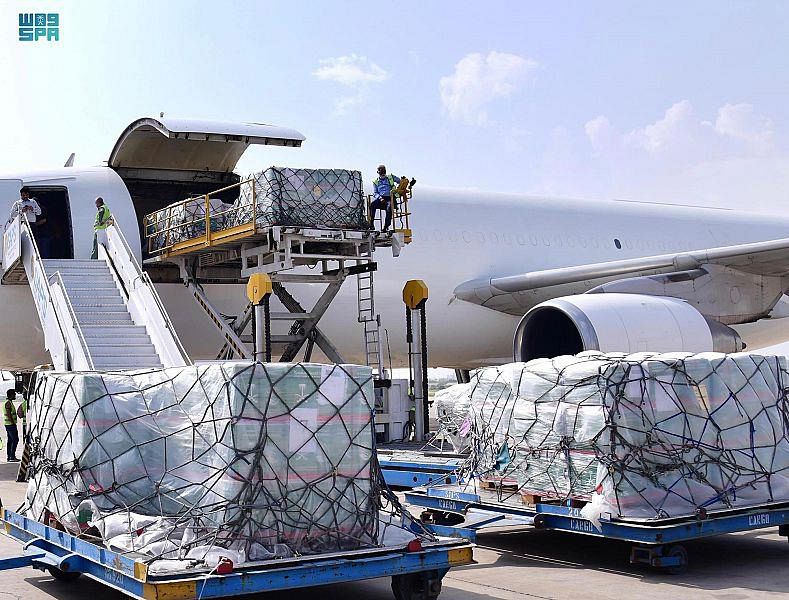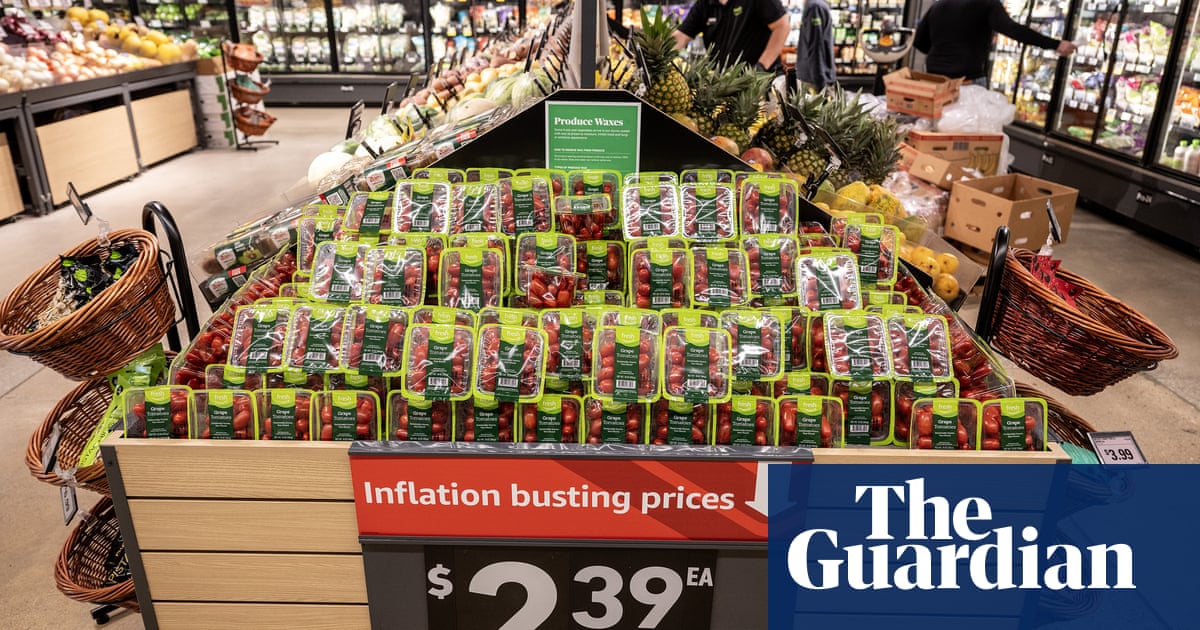
Relief program to reach 20m families, mitigate inflation
KARACHI: Pakistan will register thousands of grocery stores throughout the country to dish out more than 120 billion rupees ($700 million) under the government’s new public relief package, the information minister revealed on Thursday.
Prime Minister Imran Khan on Wednesday announced the initiative as the “biggest welfare program in Pakistan’s history” aimed at mitigating the impact of surging commodity prices due to global price hikes and rising inflation.
The PM’s move came as the statistics bureau produced figures showing that Pakistan’s annual inflation rate rose to 9.2 percent in October, compared with 9 percent in September, and 8.9 percent in October last year.
The subsidy was expected to provide relief to 20 million families, or 130 million people, offering them a 30 percent discount on per unit purchases of three basic edible items — ghee, wheat, and pulses — for six months.
“The national bank will register karyana (grocery) stores,” Pakistani Minister of Information Fawad Chaudhry told Arab News. “Thousands of karyana stores will be registered.
“The eligibility would be that the store owner would have their own bank account and should have at least a smartphone on which to download an app.”
The stores, Chaudhry said, would be linked with the government’s poverty alleviation Ehsaas program database, which contained identity data of individuals eligible to receive aid.
“The store owner will feed the national identity card number of the person through the app and if the person’s identity card matches with the Ehsaas database information, they will get subsidy on three items, flour, ghee, and pulses.
“The amount (of subsidy) will be transferred from the Ehsaas account to the store owner account directly,” the minister added.
Analysts say Khan’s new relief package will provide a cushion to people affected by high prices and decreasing purchasing power.
Samiullah Tariq, research director at Pakistan Kuwait Investment, said the targeted subsidy was a “good attempt to insulate the bottom tier of the population from inflation.”
Tahir Abbas, head of research at Arif Habib Ltd., a Pakistani securities brokerage and investment banking firm, told Arab News that the program would help to “cushion the lower strata of society by providing them with essential items at subsidized rates.”
He said: “With the high inflation, societies in general have witnessed a significant dip in purchasing power. This announcement will counter that problem.”
However, he pointed out that allocating an additional 120 billion rupees for the purpose would “put pressure on the fiscal side.”
Khurram Schehzad, chief executive officer of financial advisory firm Alpha Beta Core, described the relief package as a “good initiative,” but said its implementation would be a “key challenge.”
Dr. Umair Javed, from the Lahore University of Management Sciences, said: “The implementation challenges remain in almost every such initiative, and the most suitable way would be to implement it through cash subsidies to the targeted families.”
He added: “With 120 billion rupees, it would be hard to fight the commodity inflation and the most effective mechanism would be to give them cash in their hands.”
Senior economist, Dr. Farrukh Saleem, said the aid amount may be too small to provide relief. “If we calculate the disbursement, the amount would be 5 rupees per person per day. This is too small as compared to the inflation rate.”
But Dr. Sajid Amin Javed, senior economist at the Sustainable Development Policy Institute, said that regardless of the amount, the initiative was positive, adding that direct cash transfers would be more effective as they would cut down implementation costs.
“Irrespective of the amount, it is positive step that people are getting some relief amid price spikes. Social protection is the prime responsibility of government. The duration should be extended beyond six months because inflation is going to stay for at least a year,” he added.












